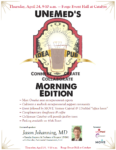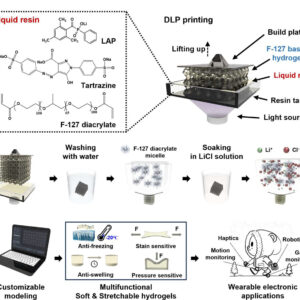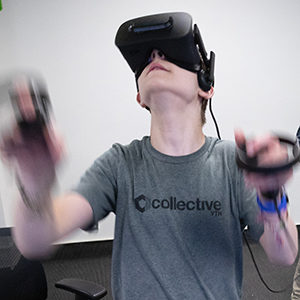by Amanda Hawley, UNeMed | July 1, 2015
 Some of the most influential experiences in life are those that stretch your limits of understanding and familiarity. Yet, the uncomfortable hardships that accompany those experiences are less than desirable.
Some of the most influential experiences in life are those that stretch your limits of understanding and familiarity. Yet, the uncomfortable hardships that accompany those experiences are less than desirable.
Pursuing a career may lead you to unfamiliar territory; the treacherous land of discomfort and incompetence. When starting a new opportunity, you make the conscious decision to take on new responsibilities that require skills you lack. So odds are you will have the not-so-cuddly feeling of being inept. But this uncomfortable feeling is only temporary.
Gradually you learn from each experience and advance in your career. Tasks become routine and problem solving becomes less challenging. However, when progress seems slow — especially in a society where instant gratification is just a click away — our patience runs thin and we are tempted to throw in the towel.
We forget that discomfort is a good thing. When we choose to avoid professional or life challenges, we miss out on gaining valuable experience and possibly future opportunities. By putting yourself out there, you identify your strengths and weaknesses as a professional, which is invaluable for your career development.
I chose discomfort when I decided to put down the pipette and step away from the lab bench. Yet, one does not simply walk away from academia. Following my declaration of independence, a few of my perplexed peers gazed at me as if I licked their faces and backed away slowly. Isaiah Hankel, PhD, highlights this negative perception of scientists leaving academia in a recent post, and outlines how fidelity to the system could impede your transition into a non-academic career.
Up until my betrayal, I was a productive graduate student that was awarded fellowships, authored scientific publications, presented at scientific conferences and educated youths in the biological sciences. Despite my well-groomed academic background, I made the difficult choice to leave scientific research. But, why?
When national funding for research began shrinking in 2010, the fierce competition for financial stability dramatically changed the culture of academia. Previous open-door-policies were quickly rewritten to remain shut with “No Solicitors” signs posted. Stress skyrocketed as external funding, the lifeblood of research, was hemorrhaging without guarantee of a fresh infusion. Knowing the intense expectations and unwavering devotion of an academic researcher did not match the life I wanted for myself, it came time to change careers to an occupation that advances the scientific community without relying on external funds.
As an alternative career, I discovered technology transfer in the crossroads between science and business. I introduced myself to the field through an internship program at UNeMed Corporation, the technology transfer and commercialization office of UNMC. I have learned a great deal about embracing discomfort of a new opportunity. The steep learning curve and high expectations were intimidating, but their guidance and resources have made possible my transition from bench-top to business. I see a bright future in technology transfer, because I made the hard choice to be uncomfortable by taking on something different.
For those considering alternative careers in science, do not fear the unfamiliar. Any discomfort is worth obtaining your goals.
Use each opportunity or hardship as a teachable moment.
Apply your wisdom to the next opportunity.
Seek out new opportunities.
Find careers that are a good fit, but know there is no “perfect fit.”
Be introspective and know yourself.
Know your goals and how much discomfort you can handle.
Make yourself uncomfortable, on purpose, for a purpose.








[…] Make yourself uncomfortable, on purpose […]